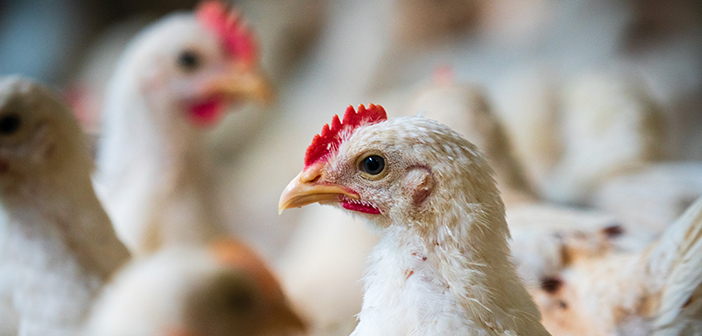Avara Foods has published a plan that describes how over the next two years it will ensure its supply chain is not contributing to excess phosphate in the River Wye.
The water quality of the River Wye is a cause for concern and centres around algal blooms, which grow quickly in hot weather and lower river levels, reducing the oxygen content, killing aquatic life and impacting on the water quality. Algal blooms are exacerbated by levels of phosphate pollution and, in the case of the Wye, they originate from numerous sources including agricultural activities, such as poultry manure being spread on fields.
Around 120 individual farms make up Avara Foods’ supply chain in the Wye catchment and they produce just under 160,000 tons of manure each year. While indoor poultry farms do not directly contribute manure to the soil, there is an indirect risk, from farmers using the manure on their own land, or from selling it to third parties to be used as fertiliser.
Avara said its plan was to adopt new ways of managing the poultry manure from its farms, directing it away from the land where possible to anaerobic digestion plants or with enhanced land management standards in place where it continues to be applied.
The company said it had already begun taking action to mitigate its impact on the River Wye. Since 2016 it has reduced the amount of phosphate in its poultry feed by 27%.
“We have consistently said that the origins of the problem, and implementing the necessary solutions, are not within the power of any single organisation,” said the company. “The situation in the Wye is a jigsaw puzzle of connected challenges and solutions, and it will require collaboration between all interested parties to fully address all of the root causes and return the Wye back to health.”


